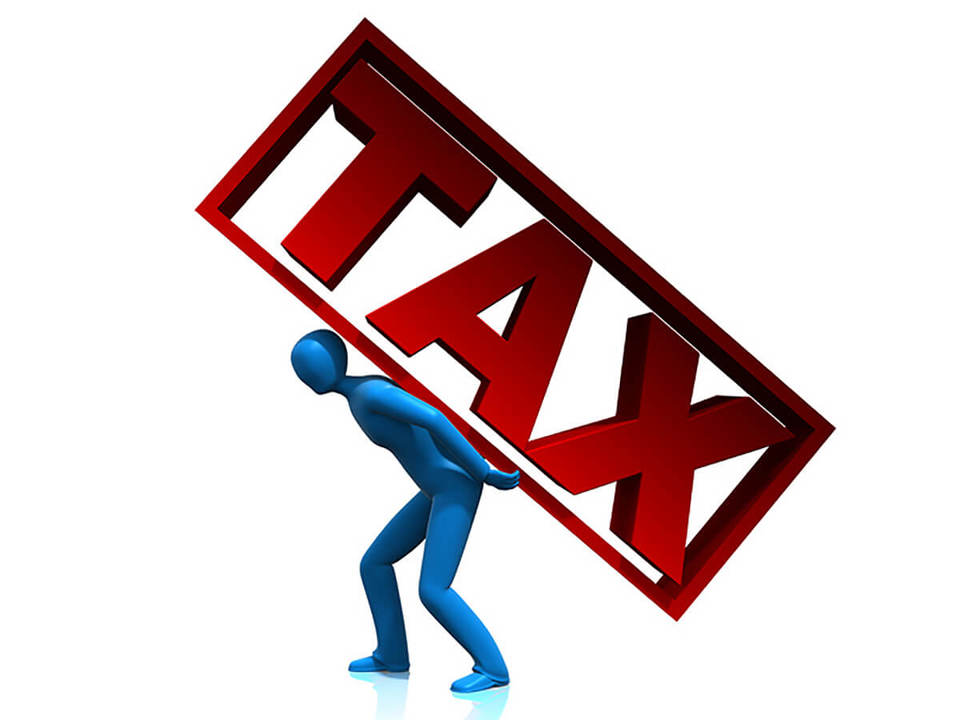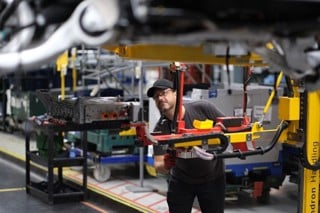The BVRLA has written to the Treasury to express concern over business car tax measures and has assembled a ‘Business Car Taxation Taskforce' to develop lobbying strategies and technical arguments against what it sees as discrimination against the sector.
The Budget announced last March introduced a series of changes to the company car tax regime and made it much harder for BVRLA members and their customers to claim tax relief (Capital Allowances) on lease and rental vehicles.
Documents obtained by the BVRLA under the Freedom of Information Act show that the Government hopes to earn an extra £2bn from company car tax between 2013 and 2017 and make nearly one million fewer business cars eligible for 100% first year or standard tax relief during the same period.
The association believes that these changes will place an even more disproportionate tax burden on essential road transport users and remove a vital stimulus for the ultra-low carbon vehicle market.
"Tax incentives for reducing fleet emissions have worked too well and the government is worried about falling revenues,” said BVRLA chief executive John Lewis.
"But these measures are ill-advised, unfair and over aggressive. There is almost total consensus across the road transport and automotive industry that the government is in danger of erecting a massive roadblock across the road to low-carbon motoring.”
The newly-formed taskforce plans to commission an independent report that will use member statistics and other data to challenge unfair elements of the government's Capital Allowances regime.
In particular it wants to reverse the decision to remove the 100% first-year capital allowances available on low-emission vehicles from leased cars, which would also impact rental firms.
The group will also seek to challenge the continuing application of the Lease Rental Restriction, which prevents companies deducting the full cost of leasing or renting certain cars from their taxable profits.
The BVRLA has already started trying to persuade the government to introduce a more gradual increase in company car tax for people driving cars emitting between 0 and 75g/km CO2 after April 2015.
At the moment, these cars will go from either being taxed at a zero rate or 5% of their P11D price to a 13% rate overnight. It is already making company drivers hold back on choosing an ultra-low emission car while they re-evaluate the impact on their take home pay.
"We understand the need for austerity measures, but this assault on essential road users will result in more harm to the environment. It is even more misguided than the Pasty Tax," said Lewis.





















Login to comment
Comments
No comments have been made yet.